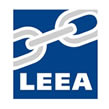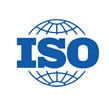BOSIET COURSE (OPITO, NUPRC Standard)
|
Course: New Dates for: BOSIET Course in Port Harcourt, Lagos and Warri, Request for more information. |
BOSIET + CA EBS (Basic Offshore Safety Induction Emergency Training) |
|
State |
Port Harcourt Warri Lagos |
|
Cost |
N 295,000 |
|
Date Training Date |
17th February 2026, 26th February 2026 9th March 2026, |
|
Course |
(Helicopter Underwater Emergency Escape Training ) HUET + CA EBS |
|
Available |
In Port Harcourt In Warri In Lagos In Abuja |
|
Date Training Date |
10th February 2026 19th January 2026, |
|
Cost |
N 200,000 |
|
Course |
FOET + CA EBS |
|
Date Training Date |
Registration on going |
|
Cost |
N 300,000 |
|
Course |
|
|
Course |
|
|
Course |
|
|
Register |
|
|
Course |
OPITO ASSESSOR |
|
Course |
|
|
Course |
|
|
Course |
|
|
Course |
|
|
Course |
OERTM offshore emergency response team member |
|
Course |
OERTL offshore emergency response team Leader |
|
Course |
|
|
Course |
|
FOR CORPORATE BOOKING
As a company, it will be a lot easier to book this courses for their personnel. just send a request to [email protected] with the number of personnel you wish to book BOSIET training for and its done.
What You Will Benefit When Your Book Corporate Training With Oil Train:
Training Time Flexibility
Quality training facility
Tailored Training Delivery Mode
Training venue flexibility ( We can deliver this training at your location)
- Hard copy certificate sent to you
To book:
send a request to [email protected]
Call Or Whatsapp
+234703248614
Job Connect
Join Our Manpower Supply network
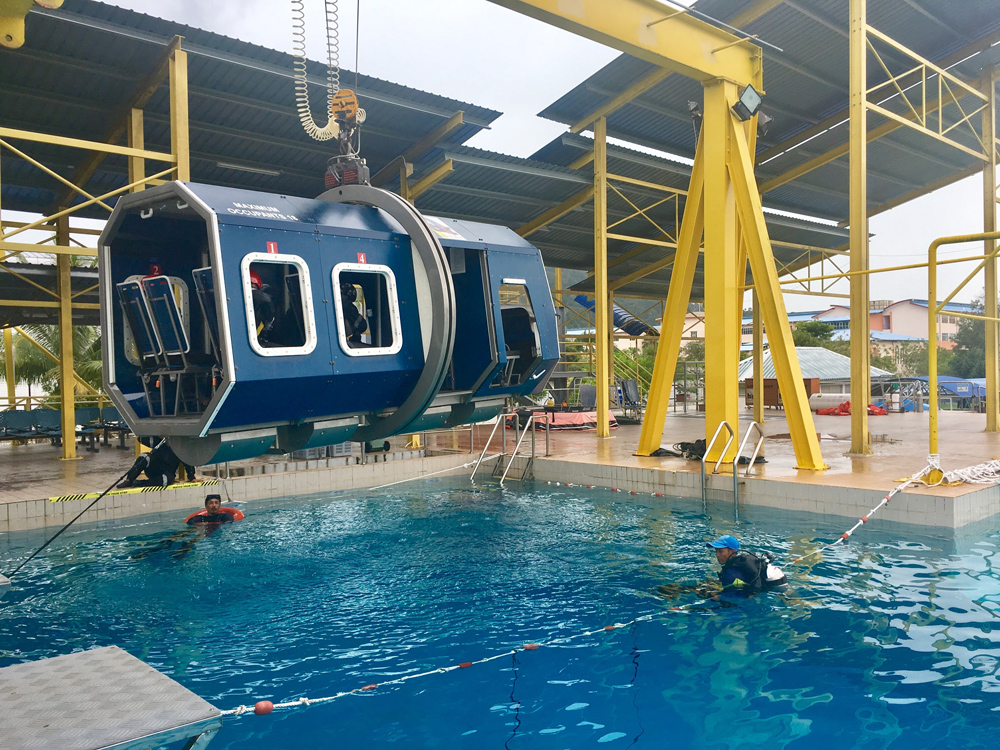
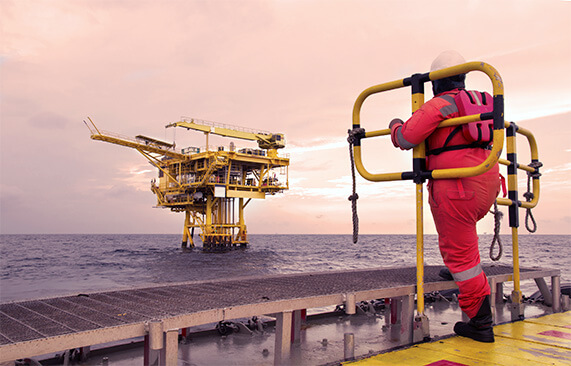
Course Outline
Introduction to Offshore Industry:
- Overview of the offshore oil and gas industry
- Types of offshore installations and structures
- Hazards and risks associated with offshore work
Safety Management Systems:
- Introduction to safety management systems (SMS)
- Roles and responsibilities of personnel within the SMS
- Safety documentation and procedures
Personal Safety and Social Responsibility:
- Personal protective equipment (PPE) and its correct usage
- Manual handling techniques
- Working at heights and fall protection
- Confined space entry procedures
- Health and hygiene considerations
- Environmental awareness and protection
Helicopter Safety and Escape:
- Helicopter safety briefing and procedures
- Helicopter emergency equipment
- Helicopter evacuation and escape techniques
Sea Survival:
- Survival suits and lifejackets
- Abandonment and evacuation procedures
- In-water survival techniques
- Search and rescue (SAR) operations
Fire Safety and Emergency Response:
- Fire prevention and firefighting techniques
- Emergency response procedures
- Use of fire extinguishers and other firefighting equipment
- Smoke and gas detection systems
- Emergency evacuation procedures
First Aid and Medical Emergency Response:
- Basic first aid techniques
- Treatment of common injuries and illnesses
- Medical emergency response procedures
- Introduction to offshore medical facilities
Practical Exercises and Assessments:
- Practical drills on sea survival, helicopter evacuation, and firefighting
- Written assessments to evaluate knowledge and understanding
Course Objectives
Understand the Offshore Environment:
- Gain an overview of the offshore oil and gas industry, including types of installations and structures.
- Identify the hazards and risks associated with offshore work.
- Develop an understanding of the importance of safety in the offshore industry.
Implement Safety Management Systems:
- Comprehend the concept of safety management systems (SMS) and its role in ensuring safety offshore.
- Understand the responsibilities and duties of personnel within the SMS.
- Familiarize oneself with safety documentation and procedures.
Ensure Personal Safety and Social Responsibility:
- Learn how to properly use personal protective equipment (PPE) and understand its importance.
- Develop skills in manual handling techniques to prevent injuries.
- Understand the risks associated with working at heights and in confined spaces.
- Promote health, hygiene, and environmental awareness in the offshore workplace.
Enhance Helicopter Safety and Escape Skills:
- Familiarize oneself with helicopter safety procedures and equipment.
- Gain knowledge of helicopter emergency evacuation and escape techniques.
- Understand the importance of following proper procedures during helicopter operations.
Acquire Sea Survival Skills:
- Learn how to correctly use survival suits and lifejackets.
- Understand abandonment and evacuation procedures during emergency situations.
- Develop in-water survival techniques and knowledge of search and rescue (SAR) operations.
Develop Fire Safety and Emergency Response Competence:
- Gain knowledge of fire prevention and firefighting techniques.
- Understand emergency response procedures in case of fires or other incidents.
- Acquire skills in using firefighting equipment and detecting smoke and gas.
Enhance First Aid and Medical Emergency Response Skills:
- Learn basic first aid techniques to provide immediate medical assistance.
- Understand how to treat common injuries and illnesses in an offshore setting.
- Familiarize oneself with medical emergency response procedures and offshore medical facilities.
Assess Competency and Readiness:
- Participate in practical exercises and drills to apply acquired knowledge and skills.
- Complete written assessments to evaluate understanding and competency.
- Standard training: you will get a standard BOSIET training here in Oil Train
- Internationally recognized certificate: You can use the BOSIET certificate Obtained from Oil Train anywhere in the world
- Afforded subsequent renewal fees: renewing your straight certificate with Oil Train is a lot easier and straightforward, we will renew your BOSIET certification at the best time.
The participant will also have the option to get an extra certificate for
- Self Breathing Safety Certification( optional N70,000)
First Aid and CPR certificates
( optional N60,000)
Registration Is Ongoing:
- Register at any of the training centers nationwide
- Register by filling out the form and making payments online. ( click here to fill the registration form)
- WhatsApp +234 7036248614 to start your registration process.
Port Harcourt:
17 Sentel, East, West Road, Port Harcourt
Lagos:
No 2 Allen avenue, Ikeja Lagos
Other Locations we can deliver this training for corporate requests:
Ibadan, Warri, Calabar, Eketi, Enugu, Abuja, and others.
Online training available for this course:
To complete this training online Email: [email protected]
4 Years Validity
OPITO BOSIET certificate is Valid for 4 years after which a holder can request for extension or complete renewal,
After your BOSIET course, we can assist you process your Offshore permit from NUPRC, (optional)
HUET certificate is included in the BOSIET certificate as well as CA-EBS certificate.
You will be eligible for FOET after completing the BOSIET training with us.
4 Years
Frequently Asked Questions (FAQs)
Q: What is the purpose of BOSIET training? A: The purpose of BOSIET training is to provide individuals working in the offshore oil and gas industry with the necessary knowledge, skills, and competencies to ensure their safety and the safety of others in offshore environments.
Q: What are some common hazards in offshore work? A: Common hazards in offshore work include working at heights, confined spaces, hazardous materials, fire and explosion risks, weather conditions, and the potential for marine incidents.
Q: How many certificates will i get after completing the BOSIET training A: You will be issued 1 (one) certificate with a certificate ID card
Q: What are the personal protective equipment (PPE) used during BOSIET training and in offshore operations? A: Paticipants of BSIET course are kitted in hard hats, safety glasses, hearing protection, high-visibility clothing, gloves, safety footwear, and respiratory protection devices (if required) this is because this are the actual protective equipment needed in the offshore environment.
Q: What are the steps involved in a helicopter evacuation? A: The steps involved in a helicopter evacuation include listening to the safety briefing, fastening seatbelts, following instructions from the crew, adopting the brace position when required, and evacuating the helicopter in an orderly manner during an emergency landing.
Q: What are the main considerations for sea survival in offshore emergencies? A: Main considerations for sea survival in offshore emergencies include wearing a survival suit and lifejacket, entering the water correctly, forming a group if possible, keeping calm, conserving energy, and following instructions from rescue personnel.
Q: What are the different types of fire extinguishers used in offshore environments? A: Different types of fire extinguishers used in offshore environments include water extinguishers, foam extinguishers, carbon dioxide (CO2) extinguishers, and dry powder extinguishers. Each type is suitable for different classes of fires (e.g., Class A, B, C, or electrical fires).
Q: Is Basic Fire fighting part of BOSIET training? A: Basic Fire fighting is an integral part of the Basic Offshore Induction and Emergency training (BOSIET)
Who needs BOSIET Course?
In Nigeria, the BOSIET course is a mandatory requirement for anyone who wants to go offshore using a helicopter.
How many certificates will I receive after this course?
On completion, the participant will get one (1) certificate with an option for extra 2 certificates.
What certification will I get after completion of this training?
on completion, participants get a NUPRC or OPITO certificate.
Testimonies
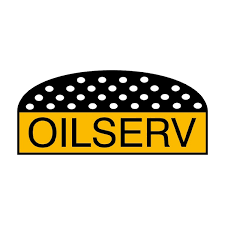
Our Accreditation & Standards
